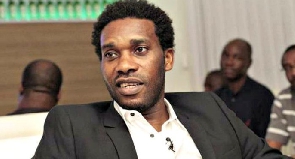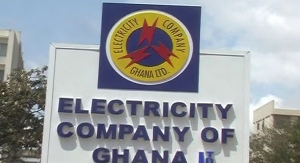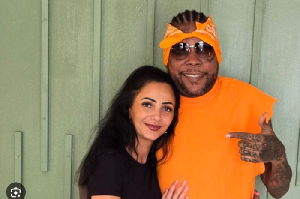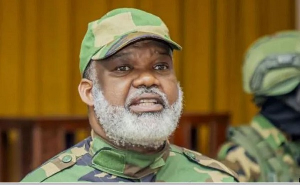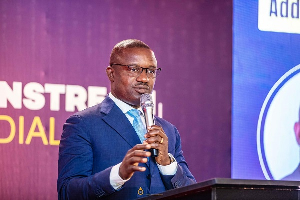Security analyst Adib Saani believes that the upcoming December presidential and parliamentary elections will be the most pivotal in Ghana's fourth Republican history. He attributes this to the unique electoral dynamics at play.
He has thus urged all election stakeholders to behave in ways that will guarantee free, fair, transparent, and peaceful elections.
Saani contends that these elections will be historically significant because they feature a contest between a former president and the incumbent government.
He has emphasized the necessity for the Electoral Commission (EC) to implement measures that will ensure a transparent process acceptable to all stakeholders.
He also called on the police and other security agencies involved in the elections to maintain professionalism in their duties.
He advised political parties to avoid unhealthy campaigning, which could destabilize the country. Additionally, he warned against any attempts to rig the elections, asserting that such actions would plunge Ghana into chaos.
Speaking on 'Nyankonton Mu Nsem' on Rainbow Radio 87.5FM, he stated that December 7 provides a chance for voters to choose their leaders, and therefore, the electoral process must be credible.
"I must emphasize that any attempt to subvert the will of the people will create turmoil in Ghana. Ghanaians are already struggling amidst an economic crisis with excessive taxation.
"Overburdening citizens with taxes is counterproductive, as it discourages business operations in Ghana. We must avoid this outcome. It's crucial to listen to the people and respect their will and opinions; otherwise, the consequences for Ghana could be dire.
"The forthcoming December 7 elections will be a crucial test for our democracy. It will be the most significant election in our fourth republic, given the contest between an incumbent and a former leader. The stakes are incredibly high, so we must tread carefully and safeguard our democracy to avoid a situation akin to Kenya."
He made these remarks in light of the recent protests in Kenya, which resulted in over 20 fatalities due to public opposition to new tax reforms by the government.
Ghana and Kenya share similar challenges, such as poor living conditions, excessive taxation, unemployment, and a lack of basic necessities. However, he advised against using violence to address these issues.
"We are all aware of the situation in Ghana. Many Ghanaians lack access to life's basic necessities, and the situation in Kenya closely mirrors our own.
"We face widespread corruption, maladministration, unaccountability, impunity, and excessive taxes, which burden the already impoverished. Yet, I am against expressing frustration through violence.
"While I support the demonstrators' calls for government accountability, the loss of life and the burning of part of their Parliament are outcomes we cannot condone.
"Such actions could destabilize Ghana, particularly as we confront terrorism threats from Burkina Faso. Terrorist groups could exploit any instability to wreak further havoc. Nevertheless, I wholeheartedly support peaceful demonstrations."
Politics of Tuesday, 2 July 2024
Source: rainbowradioonline.com







